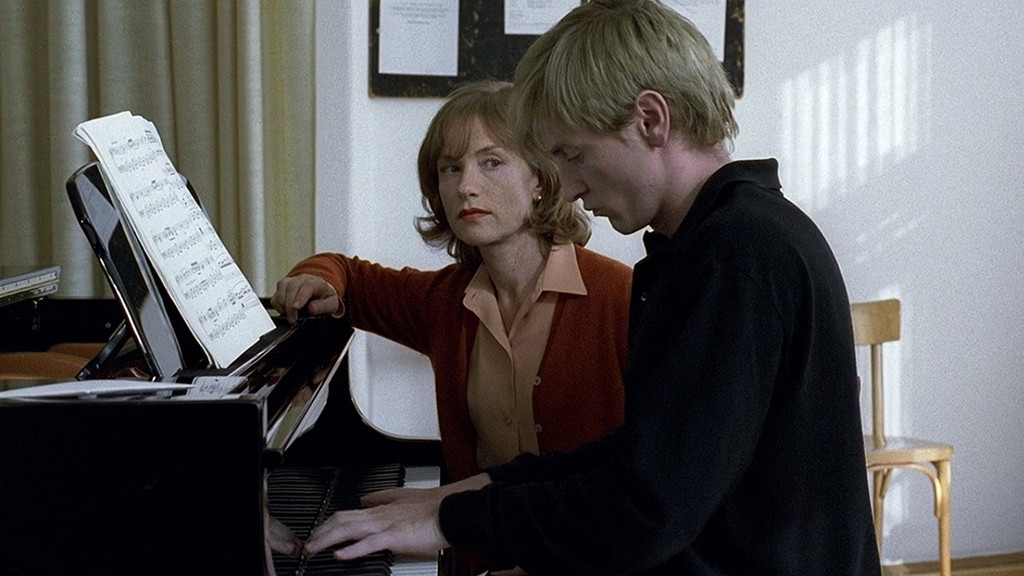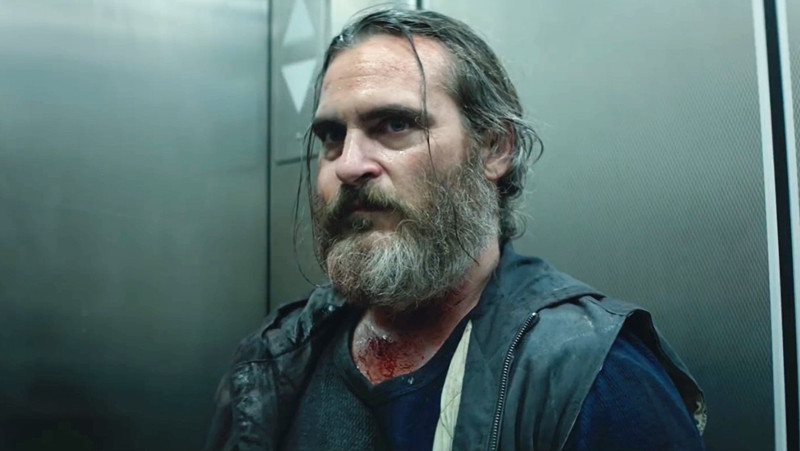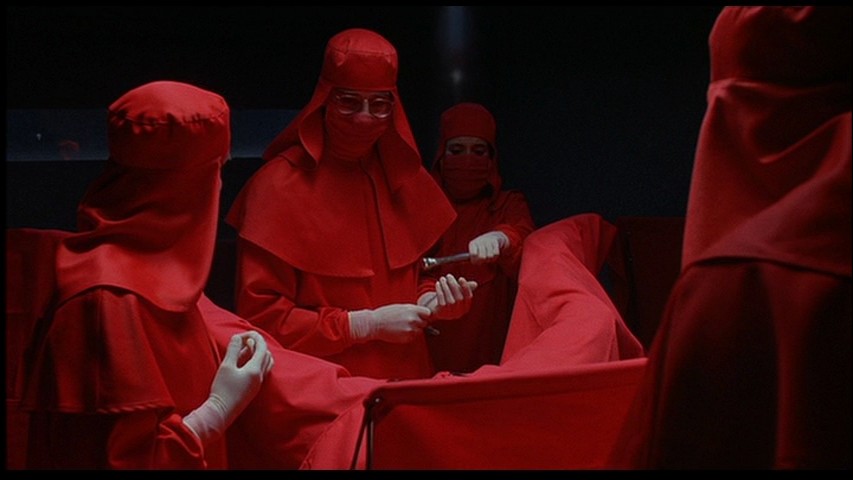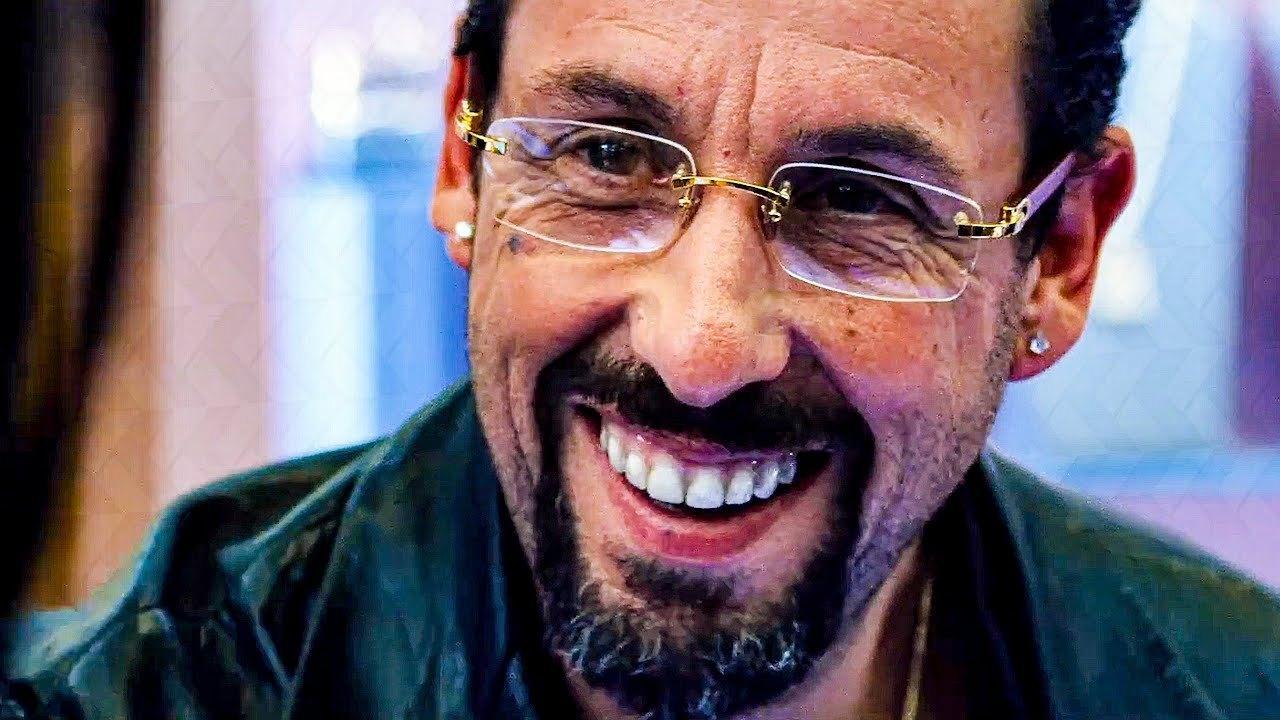6. The Piano Teacher (2001)

There is no comfort in the worlds created by Michael Haneke. As a director, he has the unique ability to look at life through an unflinching bleak lens, inquiring about the human condition and society in soul-stirring films that inflict you with dread and despair.
“The Piano Teacher” is no exception. Much like “Hereditary”, the film plunges us into a toxic household that implodes from within, revealing how oppressive parental figures tend to foster unhealthy coping mechanisms and leave emotionally crippled offspring in their wake. Erika is a disciplined piano teacher at a prestigious Viennese conservatory who has to contend with her tyrannical mother at home. Hidden behind her visage of self-restraint, Erika struggles to keep her masochistic urges at bay and eventually tries to unleash all her repressed sexuality in a self-destructive relationship with one of her young students.
Very much on-brand with his personality and morbid sensibilities, Ari Aster declared himself a big fan of the film, reminiscing about the first time he watched it at age 14 with his mother at the theater, realizing then that he “wanted to make movies like that.” The director crowned Isabelle Huppert’s harrowing display as his favorite of all time, noting how the actors give great performances “while still being very clinical and brutal in their rejection of sentimentality.”
7. Mother (2009)

Though “Parasite” remains Ari Aster’s all-time favorite Bong Joon-ho feature, the director mentioned his less celebrated thriller as a close second, arguing that Bong’s historic awards sweep in 2019 could’ve easily happened a decade earlier and it would have made “equal sense”.
Much like Aster’s work, “Mother” probes into themes of grief, misery and family dynamics by charting the unyielding efforts of a distraught woman who unearths the truth behind an ongoing murder investigation in order to clean her son’s name. In typical Bong fashion, the story paces itself leisurely, keeping its cards close to its chest and throwing curveballs at every turn before sliding towards a wildly unpredictable conclusion.
It’s safe to say the respect goes both ways, with Bong including Aster among the handful of filmmakers he personally believes will shape the future of cinema. The Korean auteur has been consistently supportive of his work, citing “Midsommar” as one of his favorite 2019 films and writing an essay on “Hereditary”, where he complimented the way it “goes beyond the trappings of genre” to deliver true, profound horror.
8. You Were Never Really Here (2017)

“Taxi Driver” could’ve easily filled a place in the present list as a film that strikes Aster as Martin Scorsese’s “toughest and most perfect” work to date. We have instead opted for a less renowned title that doesn’t get mentioned in the same breath as the former but is nevertheless cut from the same cloth. In fact, if it weren’t for Lynne Ramsay’s deft sense of vision and formal expertise, one would be inclined to dismiss her bleak thriller as nothing more than a modern pastiche of Scorsese’s opus. And though it would be a bit disingenuous to regard it as such, there’s no denying that the movie wears its inspiration on its sleeve.
Much like its ’70s counterpart, the story centers around a PTSD-riddled war veteran who struggles to find his footing back in society and copes with his inner turmoil by becoming a sort of anti-hero vigilante who frees an underaged escort from the shackles of abusive pimps. Joaquin Phoenix conjures up every last bit of his on-screen presence to deliver a subtle yet commanding performance in what’s perhaps his finest hour. It wouldn’t come as a total surprise to learn that his outing caught Ari Aster’s eye — not only did the director list the film among his ten favorites of that year, but he cast the actor soon after to play the lead role in his upcoming project, “Disappointment Blvd.”.
9. Dead Ringers (1988)

Contrary to what one might suspect given his track record, Ari Aster doesn’t consider himself a horror director per se. In fact, he argues that excluding some exceptions, he’s been thoroughly disappointed at the current trend of a genre filled with disposable films that “doesn’t seem to have greater ambitions than to put the audience on a 90-minute roller coaster.” During a recent interview, he contended that more often than not, the most noteworthy entries have come from ‘outsiders’ with distinct sensibilities such as himself, citing the great David Cronenberg as the epitome of this rare breed of directors who eschew from the trappings of the genre.
The Canadian auteur tends to crib from standard horror tropes that smack of sleazy, low-brow B-movie programming as a means to explore the depths of our psyche, and how it reacts to trauma, body transformation or our ever-shifting relationship with technology in a growingly disconcerting reality. “Dead Ringers” plumbs and deepens this fixation with the inner self and our venereal impulses that pervades a large swath of Cronenberg’s oeuvre through the misdeeds of two identical twin gynecologists who exchange job assignments and women with little to no hesitation.
Aster complimented Cronenberg’s directorial run from the mid ’80s to the early ’90s — “Dead Ringers” being his favorite out of the bunch — as telling proof of what the genre is truly capable of.
10. Uncut Gems (2019)

The Safdie Brothers have made a name for themselves by following a simple formula that’s proven infallible in every one of their urban-crime odysseys. First, they introduce us to a compulsive, self-destructive antihero — ranging from heroin junkies and bank robbers to debt-ridden jewelry dealers — who’s dangling on the edge of oblivion but you somehow find yourself rooting for. Next, they throw these aforementioned nut cases into impossibly chaotic predicaments ignited by a whirlwind of misconceptions, double-crosses and high-wire drama that eventually gets them into deeper trouble.
“Uncut Gems” feels like the pinnacle of this blueprint as well as the Safdies’ most refined effort yet. The film shows Adam Sandler as an erratic Jewish jeweler who goes on an unhinged betting spree in order to pay off his debts. Ari Aster aptly described the whole ordeal as the result of tying “California Split” and “Straight Time” together and have it “fed amphetamines, strapped to a rocket and then shot straight towards a brick wall”, adding that he was most impressed by its leanness, acrobatic narrative ball-juggling and sustained manic energy.
What’s not to love? If the highest purpose of any given thriller is to make our skin crawl, send shivers down our spine and deliver a two-hour long adrenaline rush, then you can’t do much better than “Uncut Gems”.